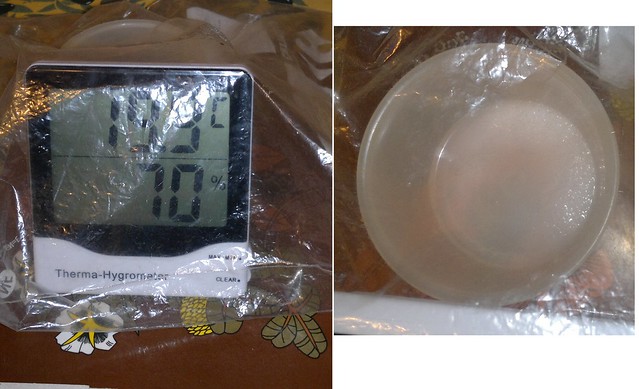Soldato
- Joined
- 14 Jul 2005
- Posts
- 9,209
- Location
- Birmingham
We mainly had it in the hallway.where, in house, are you running it then ? I mean I would be opening kitchen window, maybe running ventilator, and keeping door closed whilst cooking, similarly for bathroom showering.
what was the external relative humidity in comparison too, with any door opening is the internal air just being replaced by more humid external air.
Yeah we do open windows when cooking and run the extractor hood.
I'm just surprised that during the week of running the unit the absolute humidity barely changed. So given it's using a considerable amount of energy at considerable cost, I have to be asking if it's worth it.
Yesterday it was clear and cold out, so I opened all the windows and flushed through the air in the house all day. The gauge in the living room read 16 degrees at 59% by the time I closed the windows late afternoon. I then heated the house up to 20 quite quick - the RH went UP to 65%. It does not make sense.






